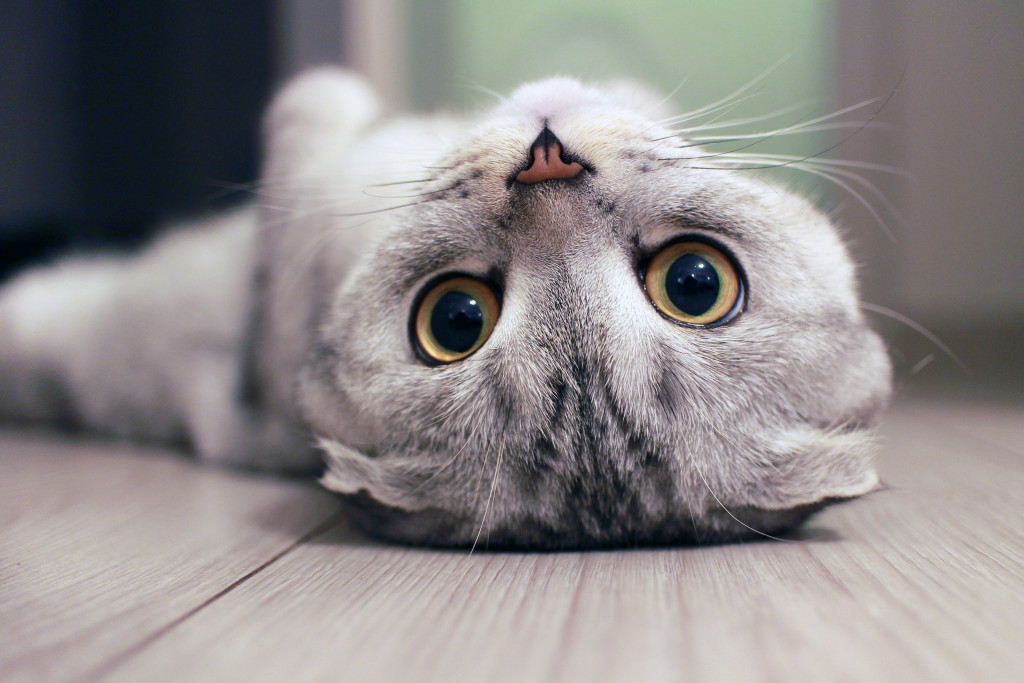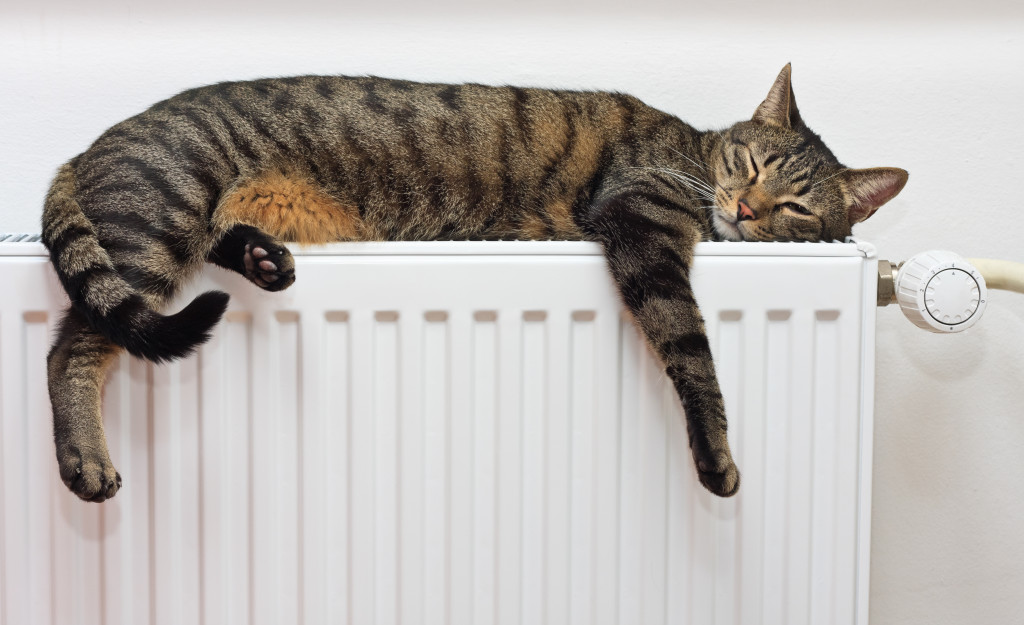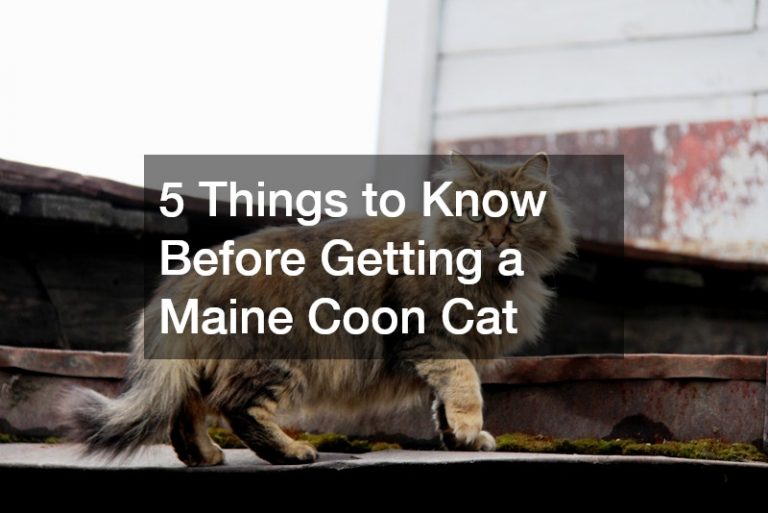As any cat lover knows, their feline friends are susceptible to various illnesses and health conditions. But not many of them know these common diseases affecting felines. Here are the most commonly diagnosed in cats so you can be better informed about your cat’s health.
Upper Respiratory Infections
One of the most common diseases affecting felines is upper respiratory infections. These are usually caused by viruses such as feline herpesvirus or feline calicivirus and can cause symptoms such as sneezing, fever, runny nose, and loss of appetite. Upper respiratory infections are highly contagious among cats, so ensure they contain them when possible.
Gastrointestinal Issues
Another common ailment affecting cats is gastrointestinal issues. This can include anything from vomiting and diarrhea to constipation and intestinal blockages. You’ll know they have this disease if they are not eating or drinking, have blood in their stool, or if they vomit frequently. They can also be less active and stay inside your home much more.
Dental Disease
Did you know that more than half of cats aged three years and above have some form of dental disease? Dental disease can cause pain, infection, and even organ damage when left untreated. However, most of the time, it disappears by itself.
Diabetes Mellitus
Diabetes mellitus is an illness in which a cat’s body cannot make enough insulin or utilize the insulin it produces properly. Symptoms of diabetes mellitus include increased thirst and urination, weight loss, and lethargy. So keep an eye out for these symptoms when you can.

Renal failure
Renal failure is a condition that occurs when the kidneys can no longer filter toxins from the blood effectively. This can lead to a build-up of toxins in the blood, which can cause symptoms such as lethargy, vomiting, diarrhea, anorexia, and weight loss. This disease can be lethal, so keep an eye out for its symptoms.
While many different diseases can affect our feline friends, these are five of the most common ones. Although it’s good to get them treated the moment you notice they get the disease, it’s even better to prevent these diseases altogether. Here are some ways you can do that.
Training
Many owners think that cats are naturally clean animals and don’t require much training. However, this isn’t the case. Cats must be trained to groom themselves properly and use the litter box. If they’re not adequately trained, they can develop various health problems. You can teach them through reinforcement.
Reinforcement is a method of training that uses positive reinforcement to encourage desired behavior. For example, if you want your cat to use the litter box, you can put their food in the box or near it. This will make them more likely to use it. That’s why investing in some tasty cat treats is good if you want to train your feline friend. This will make getting them to do what you want them to do. It’ll also make it easier for them to trust you.
Proper Diet
A healthy diet is essential for cats of all ages. It helps them maintain a healthy weight, strengthens their immune system, and gives them the energy they need to live an active life. So make sure to feed them a balanced diet appropriate for their age and activity level. Here is some healthy food you can provide your cats:
- Canned tuna: This is a fantastic source of protein for cats. It also has omega-3 fatty acids, which are great for their skin and coat.
- Cooked chicken: Like tuna, chicken is also a great source of protein. It’s also low in fat, making it a healthy option for overweight cats.
- Eggs: Eggs are packed with nutrients that are essential for cats. They’re also a great source of protein and make a healthy snack for your feline friend.
- Canned pumpkin: This is an excellent fiber source, vital for constipated cats. Pumpkins can also help with diarrhea.
These are just some healthy food you can give your feline friend. Just make sure to consult with your veterinarian first before changing your diet. This is to ensure that they’re getting the nutrients they need
Vaccinations
Vaccinations are also necessary for cats, especially if you live in an area with many other cats. This is because vaccinations help protect them from diseases such as feline leukemia, Bordetella, and rabies. So if you haven’t vaccinated your cat yet, now is the time to do it.
These are just some ways to keep your feline friend healthy. Just remember that prevention is always better than cure. So make sure to take care of your cat and provide them with the best possible care.





